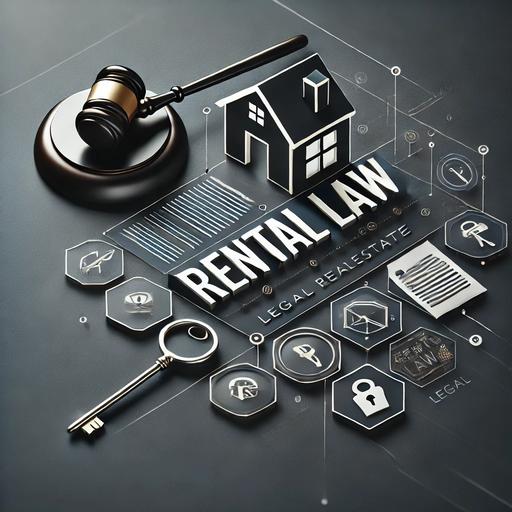When drafting a rental agreement, it's essential for both tenants and landlords to consider several key points to prevent potential disputes in the future. Here are the primary aspects to pay attention to during this process:
- Identification and Contact Information of Parties: Ensure that the full names, national identification numbers, and current contact details of both the tenant and the landlord are accurately included in the agreement. Additionally, tenants should verify that the person signing the agreement as the landlord is indeed the rightful owner of the property, which can be confirmed through title deed records.
- Rent Amount and Payment Terms: Clearly state the agreed-upon rent amount in both numbers and words. Specify the payment schedule, method of payment (such as bank transfer or cash), and any penalties applicable in case of late payments.
- Deposit and Additional Charges: Detail the amount of any security deposit, the conditions under which it will be refunded, and outline responsibilities for additional expenses like maintenance fees or utilities.
- Rent Increase Rate and Period: Define when and how rent increases will occur, ensuring they comply with legal limits and are explicitly stated in the agreement.
- Duration of the Agreement and Renewal Terms: Specify the length of the rental period and the conditions for renewal, including any notice periods required for termination or extension.
- Condition of the Property and Inventory: Document the current state of the property, including a detailed list of fixtures and fittings, and consider attaching photographs to provide a clear record.
- Maintenance, Repairs, and Modifications: Clarify which party is responsible for routine maintenance and repairs, outline any restrictions on modifications the tenant may wish to make, and specify how costs for such changes will be handled.
- Termination and Eviction Conditions: Clearly outline the circumstances under which the agreement can be terminated by either party, including required notice periods and procedures for eviction if necessary.
- Jurisdiction and Legal Proceedings: Indicate which courts or legal authorities will have jurisdiction in the event of a dispute arising from the rental agreement.
- Additional Agreements and Declarations: Be cautious with any supplementary documents requested alongside the rental agreement, such as eviction declarations or promissory notes. Ensure these are reviewed carefully and are legally valid.
A well-prepared rental agreement serves to protect the rights of both parties and minimizes potential conflicts. Therefore, paying close attention to the aspects mentioned above during the drafting process is of utmost importance.
